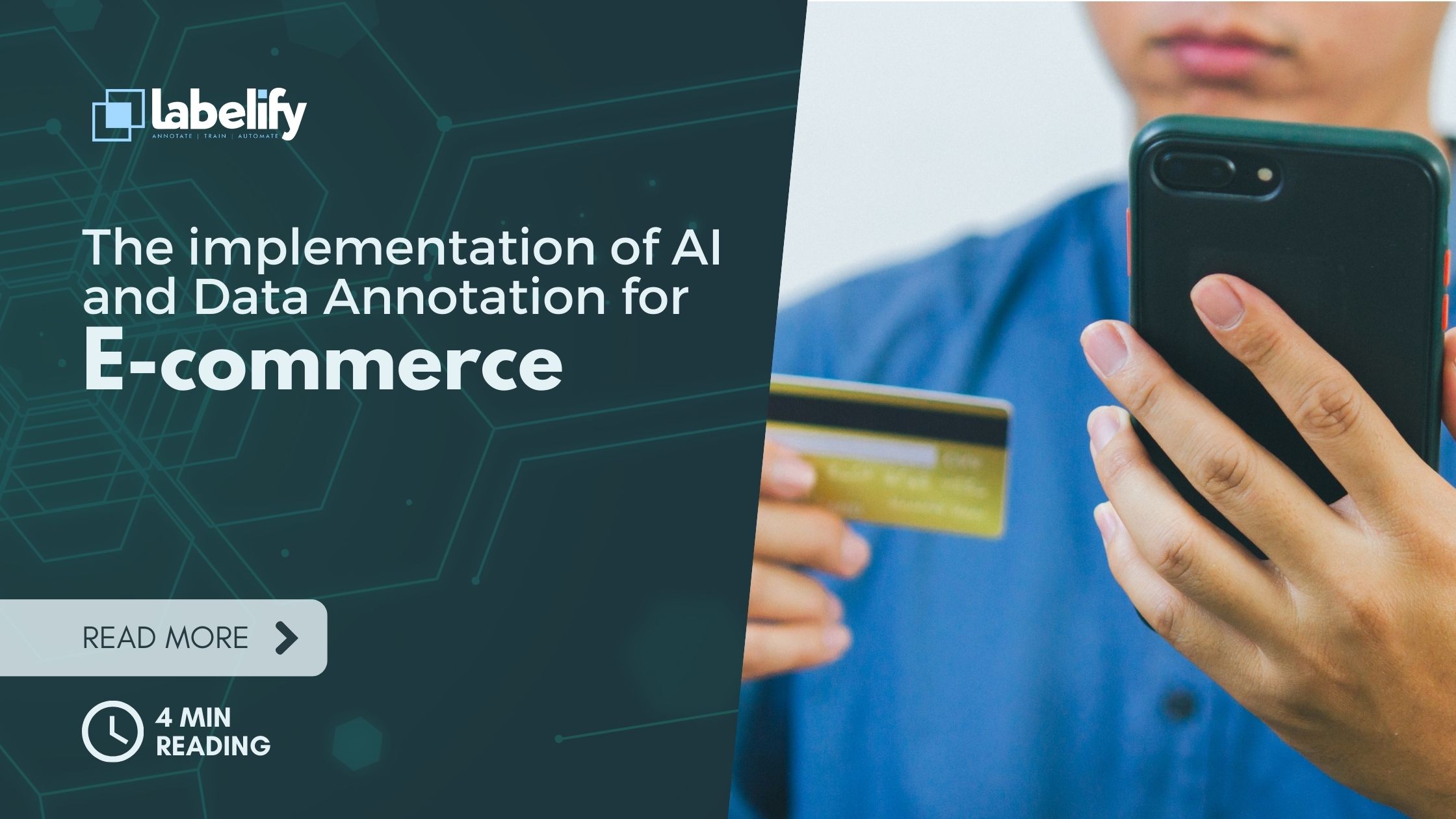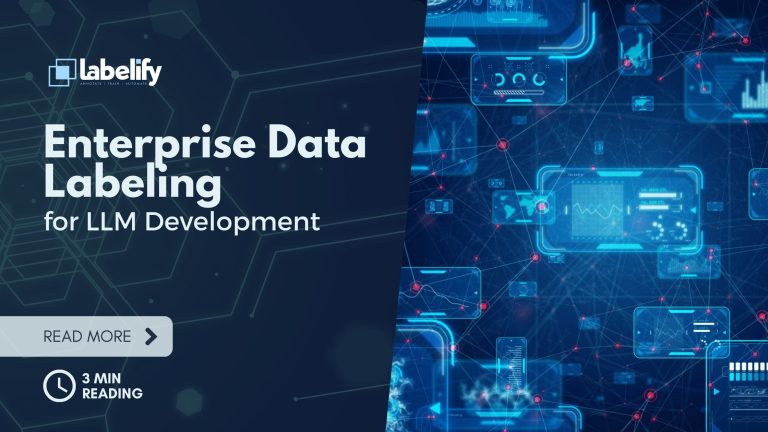AI and Data Annotation for E-commerce
Today, we live in an experiential economy, where customers expect an experience that is personalized. Instead of the standard-fits-all approach that was used in the past customers would rather go to an online shop and have their requirements catered to them in a specific way. Businesses across the globe use AI to provide customers with special products they are likely to be attracted to. Quality data annotation, however, is crucial to the advancement of the most cutting-edge AI technology.
This article will take a look at how eCommerce businesses are using AI in their offerings, and the kinds of data annotation required to achieve this.
AI for Ecommerce
Artificial Intelligence (AI) has completely changed the online shopping experience. It offers services to customers in a variety of ways, from providing security, to offering assistance, and making the process more effective and efficient. It assists retailers in the e-commerce industry to offer services to their customers at the next level, and to create satisfying shopping experiences online.
Because of the innovative solutions that help revolutionize the market for e-commerce, AI is one of the most rapid technological advancements. With the help of data annotation and labeling services provided through Data Labeling companies like TagX which makes complex tasks more simple, AI and Machine Learning help in providing the most stable and reliable shopping experience.
Retailers and customers both Both consumers and retailers benefit both consumers and retailers benefit from AI and data labeling and data annotations in online shopping. Numerous e-commerce firms are making use of AI to enhance customer experience, and many are currently taking this approach. Enhancing the performance of search engines using machine learning is among the most crucial and valuable tasks that retailers and e-commerce companies face.

E-commerce Use-Cases
Product Recommendation
The search of a customer for goods and services through an online platform can be made more efficient by using AI. Customers are looking for convenience as an important feature in online stores most of the time. When algorithms are trained to link products with keyword phrases, AI is able to recommend goods to us, as well as help with doing so.It transforms the buying experience efficiently for the consumer and boosts sales for the company.
Visual Search
E-commerce platforms that utilize Computer Vision to include the ability to search visually allows customers to snap a photo or upload images of objects of their choice. AI examines the characteristics of the item and suggests related products on their offline and online stores. The option to narrow search results according to personal preference could be included in this recommendation engine.AI assures that users find precisely what they’re looking for every time they visit the website and can greatly increase the revenue from sales and offering additional suggestions for products.
Moderation of Product Reviews
Customers can use the review pages for products on ecommerce websites for interaction with the site and give feedback. The site has no control over how customers feel about the quality or lack of quality products; however, it is in control of the reviews that are posted on the website. It is essential to make sure that the review page doesn’t contain any content or language that is offensive. This is a fact that can be verified and checked through AI’s Natural Language Processing capabilities.
Image-Product Tagging
The most effective method to grab the attention of a potential customer is to use visual representation. Particularly in the realm of e-commerce, when physical stores offer the advantage of tactile and tangible. To ensure that consumers are not misled the product’s images and description must be identical and the quality of the images must match the site’s expectations.You can make the system learn through ML to associate particular descriptions and keywords using images, and then check the quality of these images at the same time.
Data Annotation Services for Ecommerce
Moderation of Content
Our team supports clients that are focused on Ecommerce and maintain secure and reliable content on marketplaces as well as websites that aggregate data. Tagging that is not safe for work and moderation of platforms are two examples of our work.
Categorization
To improve the relevancy of search results and enhance the user experience for customers who shop online Content experts from teams efficiently and accurately categorize the e-commerce website’s content according to different characteristics
Deduplication
Through enhancing the discovery of products by enhancing product discovery, you can decrease customer discontent and speed up the process of purchasing. Elimination of duplicates and outdated listings are essential.
Data Matching
Our Tagging service can be used for the matching of product data, helps keep online listings up-to-date in real-time, and gives retailers an edge in the area of pricing for their products.
Conclusion
If you’re an online retailer that hasn’t taken advantage of the machine-learning process, then you’ll fall in the dust. The benefits of technology for your business are many. Machine learning is a great way to increase your efficiency in many areas that include customer service, as well as inventory management.
It’s easier than you think to make use of the methods in this area. When you’ve learned about the basic principles of ecommerce machine learning you’ve completed your first steps. Now all you have to do is to determine what you want machine learning to accomplish for you and begin to implement it.




